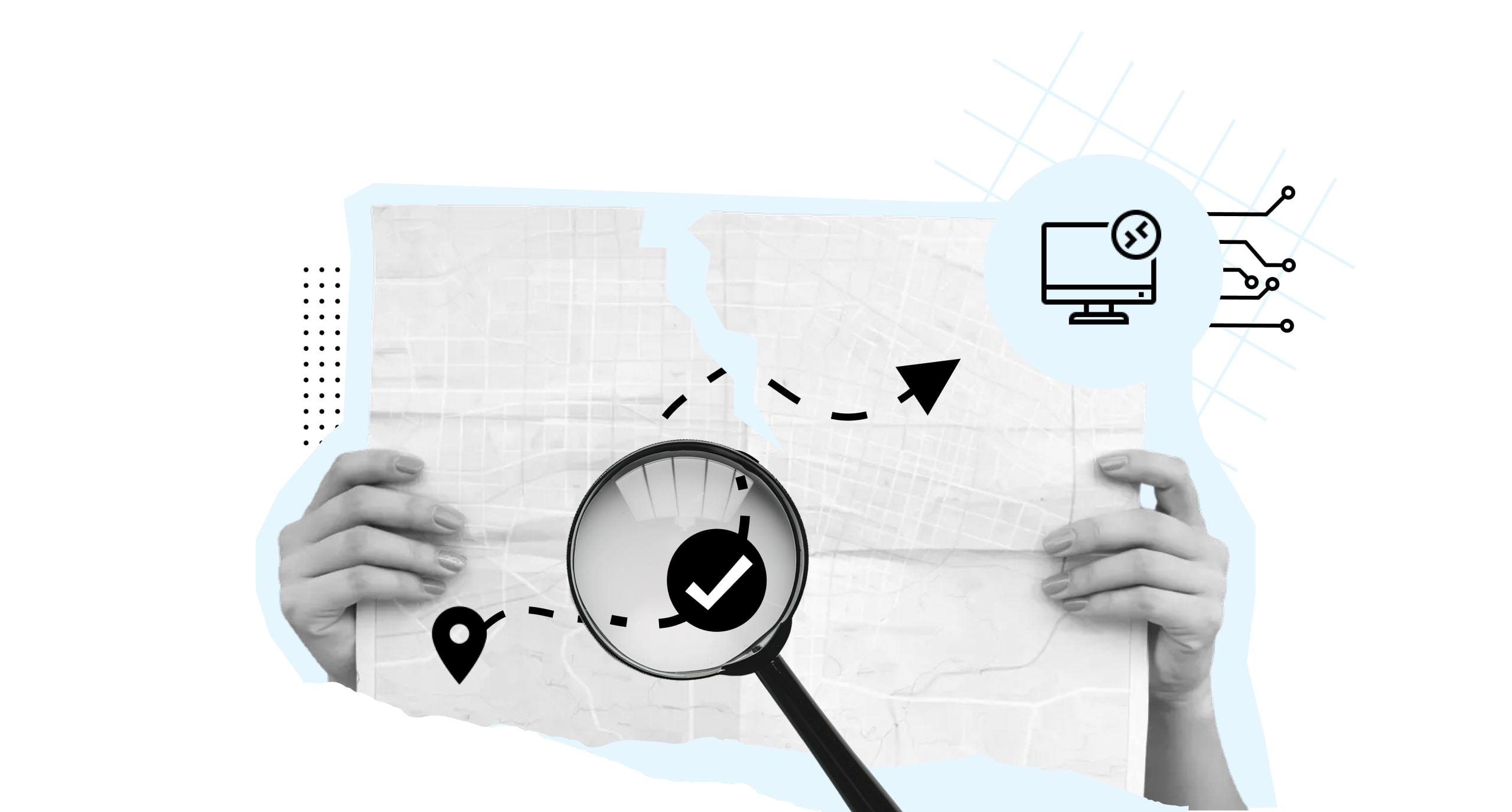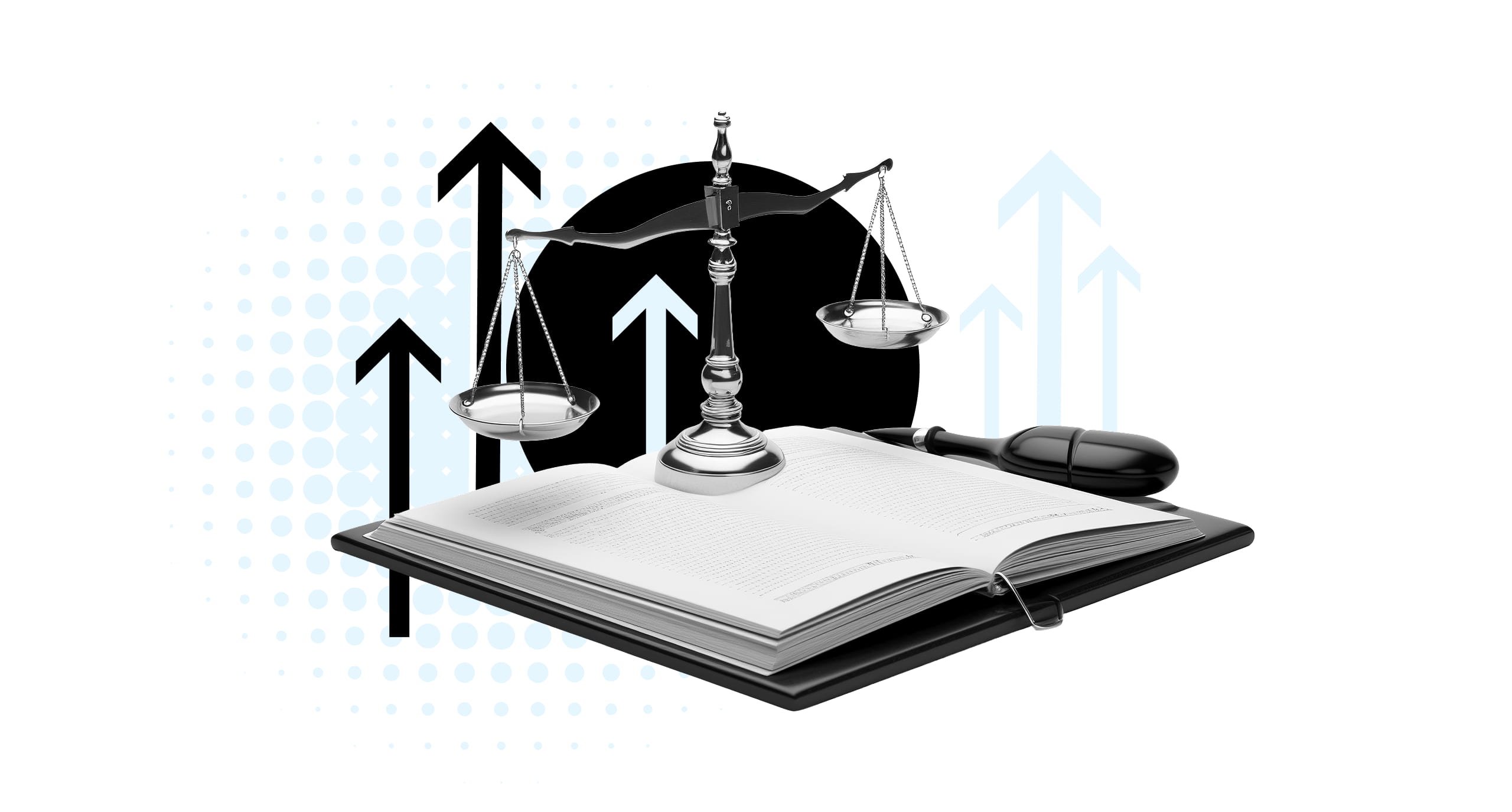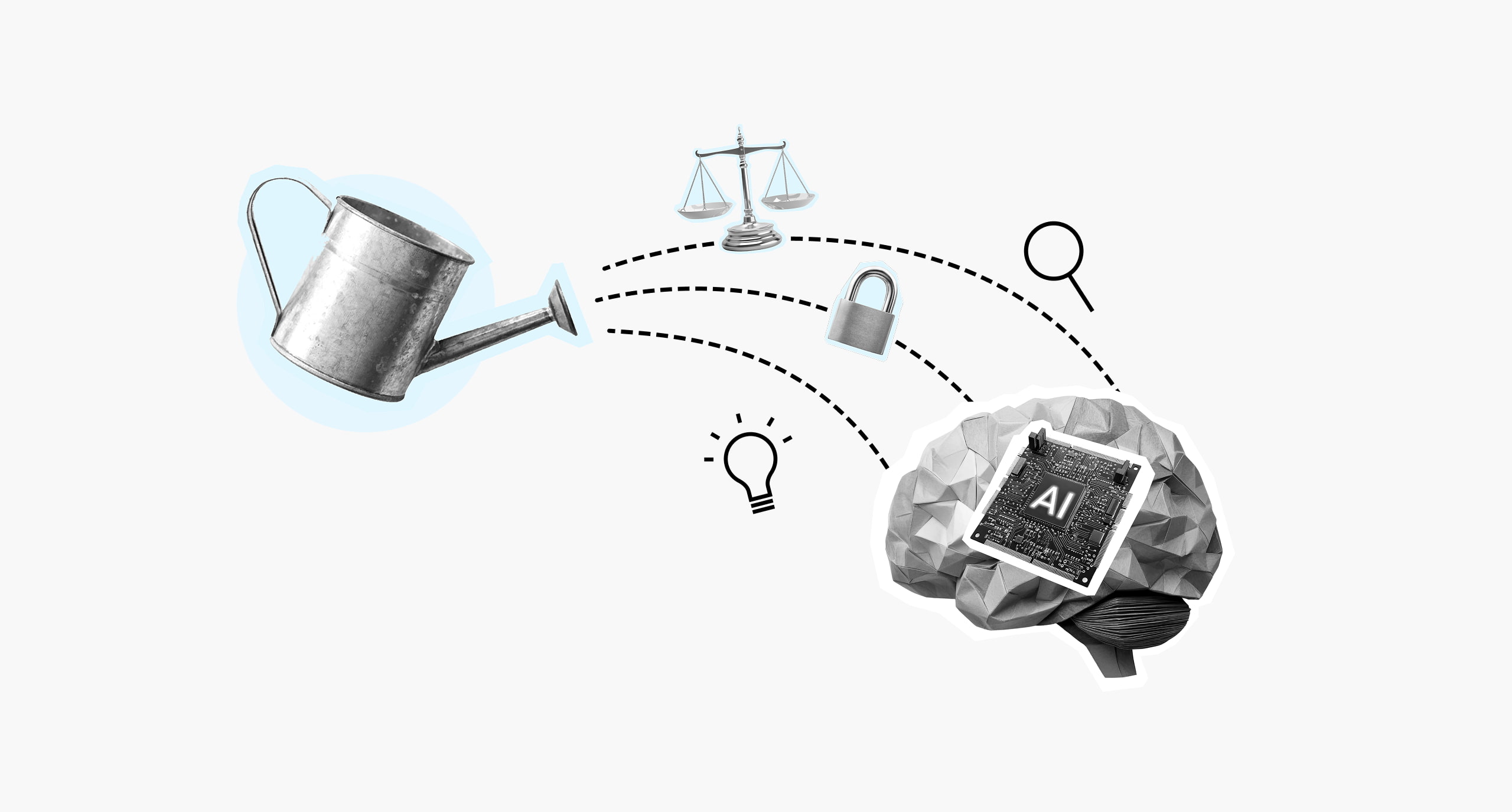Knowledge is power—and in today’s digital world, data is the currency of that power. That’s why data privacy regulations have become a top priority on governance agendas around the world.
For business owners, though, compliance can feel like a tangle of red tape—even with the best intentions. So let’s explore why we need skilled professionals shaping data privacy legislation, and why their expertise is in such high demand in global governance today.
What is data privacy compliance?
When we talk about data privacy compliance, we mean all the policies that ensure the handling of personal data is responsible and, most importantly, legal. This protects individual rights over personal information. However, data protection and privacy laws are also conceived to help businesses operate efficiently.
Data privacy regulations matter not simply because they provide a few checkboxes for companies to fill. If they’re drawn up in a fair way, they lead to a culture of ethical data use that builds trust with customers and employees. On the other hand, companies that don’t get on board with data privacy compliance hurt their reputations and up customer churn.
Each jurisdiction has its own data protection laws, but they all tend to include the following areas:
1. Transparency in how personal data is collected, used, and shared
2. Clear options for individuals to access, correct, or delete their data
3. Consent mechanisms and opt-out capabilities
4. Limitations on data collection and retention
5. Robust security safeguards to prevent unauthorized access
6. Obligations to notify stakeholders in the event of a data breach
What are the most significant data privacy regulations impacting international business today?
Businesses across the world face pressure to handle data responsibly—which is a good thing. Significant privacy compliance regulations include the European Union’s General Data Protection Regulation (GDPR) and California’s Consumer Privacy Act (CCPA). These laws are setting high standards for transparency around data usage and aren’t confined to specific areas—they protect EU or California residents regardless of a company’s location.
Frameworks like these mean businesses need specific practices on how they collect, store and process data, which results in a need for investment in security infrastructure. Moreover, cross-border data transfers add complexity to global trade. As such, the impact of GDPR on business practice can’t be overstated.
So, how does GDPR impact on business operations, especially for companies outside the EU that process EU resident data?

GDPR applies not only to EU-based companies, but to any business that offers goods, services, or tracks behavior of people in the EU. This broad reach means that U.S., Canadian, or Asian firms collecting data from EU users—via websites, apps, or analytics—must comply. These companies must appoint an EU representative and ensure cross-border data transfers meet legal standards.
GDPR changes how businesses manage data. It requires transparency, clear consent, accountability, and strong security. Companies must explain what data they collect, why, on what legal basis, and for how long. Consent must be specific, freely given, and easy to withdraw. Users have rights: access, correction, deletion, data portability, and the right to object. If data is used for profiling or automated decisions, users must be informed and offered human review. Meeting these rules often means updating interfaces, workflows, and privacy policies—especially for tech firms or those handling sensitive data.
GDPR demands operational changes. Companies must build privacy into their systems and document how data is used. High-risk processing may require a Data Protection Impact Assessment (DPIA). Security steps like encryption or pseudonymization are expected. Breaches must be reported within 72 hours, and serious ones disclosed to users. Fines can reach €20 million or 4% of global revenue.
How does international data governance help businesses manage cross-border data transfers under various “data protection laws”?
It’s true that managing cross-border data transfers has become something of a minefield for businesses. Beyond GDPR, more regulations have sprung up across the planet, including China’s PIPL and India’s DPDP Act. Standard Contractual Clauses (SCCs) and Data Protection Impact Assessments (DPIAs) are becoming commonplace to ensure operations continue. And high-profile penalties against companies like Meta and the banning of Google Analytics in parts of Europe show that governors mean business.
Despite restrictions, international data governance frameworks actually aim to help businesses with data transfers.

They do so with clear, standardized processes for compliance. Tools like adequacy decisions and Binding Corporate Rules (BCRs) offer practical ways for companies to meet regulatory requirements, which speeds up operations while reducing legal uncertainty.
The frameworks aim to promote accountability and security by requiring things like encryption, risk assessments and transfer documentation. This, in turn, prepares companies to meet sector-specific demands and meet local data laws in different jurisdictions. And in supporting the concept of “Data Free Flow with Trust” (DFFT), businesses are encouraged to be open about their responsibility. This promotes trust in trade and keeps smaller companies competitive.
What are the best practices for data privacy and compliance that organizations should adopt in a global context?
To stay compliant across borders means having a flexible strategy. First, businesses must figure out where they operate and whether a global, regional, or hybrid approach makes sense. Then, they should build their brain trust—privacy pros, legal advisors and local experts who can help decode the fine print. Businesses should also keep tabs on changes through newsletters, industry events, and regulatory updates. In this space, things move fast.
Next comes a focus on risk. What kind of data do they want to collect? Where does it come from? How sensitive is it? These questions matter when weighing legal exposure, and high-stakes markets with strict regulators need extra care. A privacy strategy needs frequent auditing, and companies shouldn’t assume they’re off the hook just because they’re not based in a certain region—some laws apply no matter where you are.
The key to pulling off strong data privacy compliance is breaking silos. Legal, tech, policy and business teams all need to talk to each other and jointly understand the difference between privacy and cybersecurity laws—they’re related but not the same. And, finally, a cultural sensitivity can help when considering what one country might find invasive compared to another.
If companies are looking for data governance consultants, here’s a pick of five market leaders.

1. Data Ideology for agile data projects
2. Onebridge for compliance
3. N-iX for Europe
4. EWSolutions for data strategy
5. Analytics8 for healthcare
How can you make a career in data privacy regulations?
At the heart of the challenge for ethical data usage is the need for decision-makers who understand technology. As digital regulation grows more globalized, the line between tech strategy and foreign policy continues to blur. The world needs professionals who can combine the two fields efficiently.
At IE School of Politics, Economics & Global Affairs, we’ve created the Master in Technology and Global Affairs for precisely this moment. The program prepares future leaders to operate at the intersection of technology, governance, and diplomacy. Through partnerships with organizations like Google, GESDA and the UN’s ITU, students engage directly with real-world digital policy challenges and global experts. With a multidisciplinary curriculum covering AI, cybersecurity, digital trade and emerging tech governance, participants gain the tools to lead responsibly in a world where data, technology and global affairs are inseparable.
Think you have something to offer? Follow the link below and discover the next step in your career.
Become a decision-maker in data privacy regulation with IE School of Politics, Economics & Global Affairs
Find out how the Master in Technology & Global Affairs can elevate your career.

Benjamin is the editor of Uncover IE. His writing is featured in the LAMDA Verse and Prose Anthology Vol. 19, The Primer and Moonflake Press. Benjamin provided translation for “FalseStuff: La Muerte de las Musas”, winner of Best Theatre Show at the Max Awards 2024.
Benjamin was shortlisted for the Bristol Old Vic Open Sessions 2016 and the Alpine Fellowship Writing Prize 2023.


















